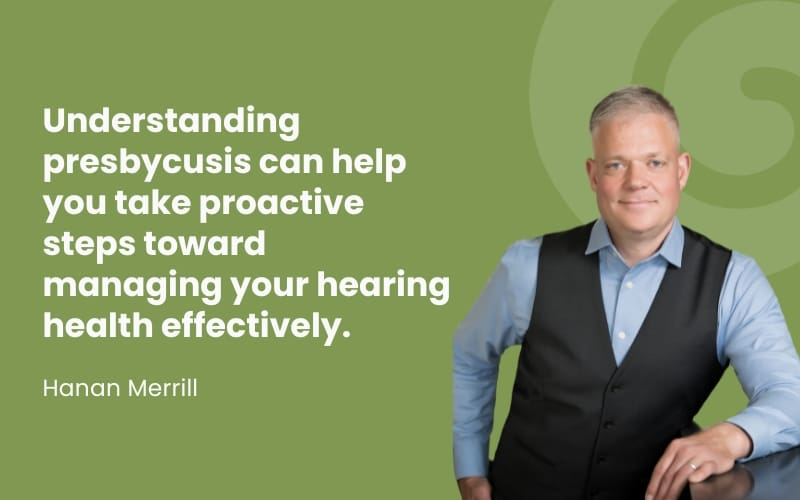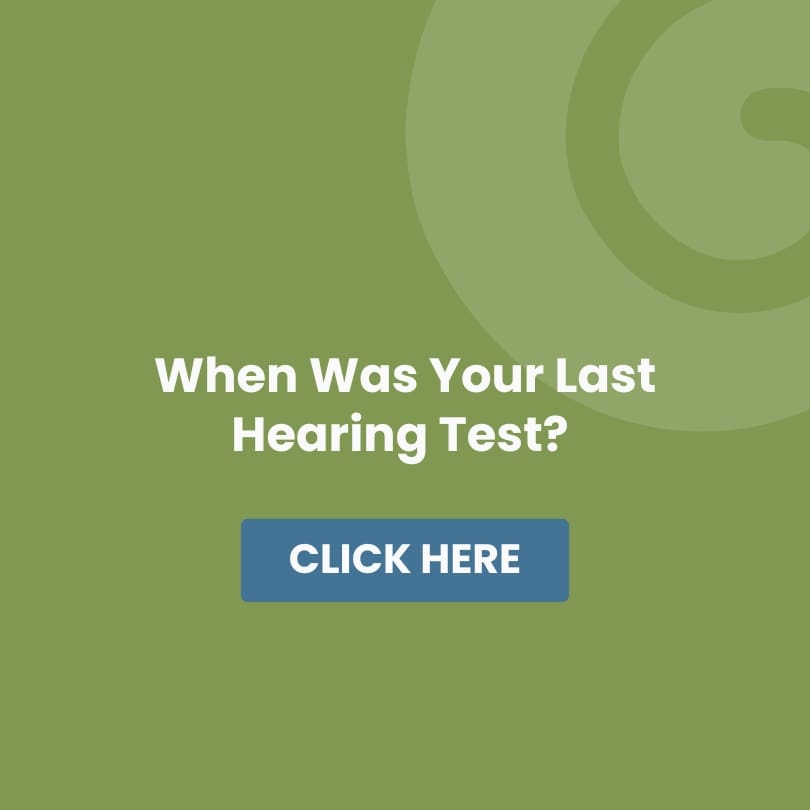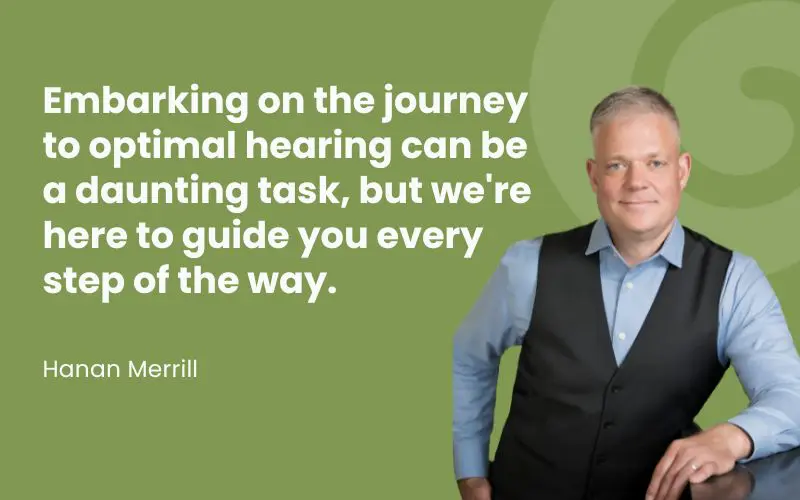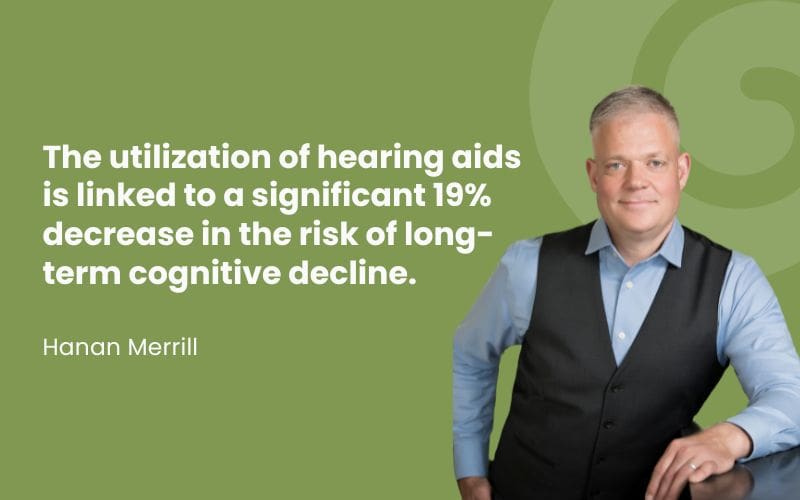As you age, some changes are inevitable, and hearing is often one of those aspects that undergo significant transformation. One of the most prevalent conditions affecting older adults is presbycusis, or age-related hearing loss.
Presbycusis refers to the gradual loss of hearing that occurs as you age. It’s one of the most common conditions affecting older adults globally. If you’re over the age of 50, you may notice a reduction in your ability to hear high-frequency sounds.
Age-related hearing loss usually happens gradually, meaning you might not notice its onset until it begins impacting your daily life. Understanding presbycusis can help you take proactive steps toward managing your hearing health effectively.
Causes and Risk Factors
Understanding the root causes of presbycusis can empower you to make informed decisions about your hearing health:
Natural Aging of the Auditory System
As you age, structural changes occur in the inner ear and auditory pathways, which contribute to hearing loss.
Lifetime Noise Exposure
Prolonged exposure to loud noises, whether from occupational sources, concerts or recreational activities, can accelerate presbycusis.
Genetic Predispositions
Your genetic makeup can also play a significant role; if you have family members with age-related hearing loss, you might be more susceptible.
Symptoms to Watch For
Identifying the symptoms of presbycusis early can help you seek timely intervention:
Gradual Loss of High-Frequency Sounds
You might notice you have trouble hearing high-pitched sounds, such as voices of women and children.
Difficulty Understanding Speech
Especially in noisy environments, distinguishing conversations can become challenging.
Perception of Muffled Sounds
Sounds may seem unclear or muffled, even when volume is adequate.
Presbycusis’s Effect on Your Quality of Life
Presbycusis doesn’t just affect your hearing; it influences various aspects of your life outside of your ears.
Communication Challenges
You may find it difficult to engage in conversations, leading to frustration and misunderstandings.
Emotional Effects
Feelings of isolation or frustration are common, especially if communication barriers grow.
Connection to Cognitive Decline
Emerging research suggests a link between hearing loss and cognitive decline, making it crucial to address hearing changes proactively.
Diagnosing Presbycusis
Regular hearing assessments are critical for identifying and managing presbycusis:
Hearing Assessments
Regular check-ups can help you track changes in your hearing and get ahead of potential issues.
Diagnostic Tests
Hearing health professionals can perform specific tests to determine the extent of hearing loss and tailor solutions to your needs.
How to Manage Age-Related Hearing Loss
Presbycusis is manageable with the proper support and technology:
Hearing Aids
Modern hearing aids are customized to help you manage presbycusis by amplifying specific frequencies to suit your needs.
Assistive Listening Devices
These devices can complement hearing aids by improving hearing in various settings, ensuring you don’t miss out on life’s important moments.
Take Charge of Your Hearing Health
Enhancing your quality of life through better hearing is within your reach. Visit us to receive comprehensive hearing care tailored to address your presbycusis.
You’re not just another patient; your hearing health and personal satisfaction are our utmost priorities.
Contact us today to arrange a consultation with our knowledgeable team, and together we’ll create a plan to improve your hearing journey. You can reach us by phone at (250) 585-4100 or visit our website to request a callback.
Your hearing journey is unique, and with the right support, you can enjoy all sounds the world has to offer.





